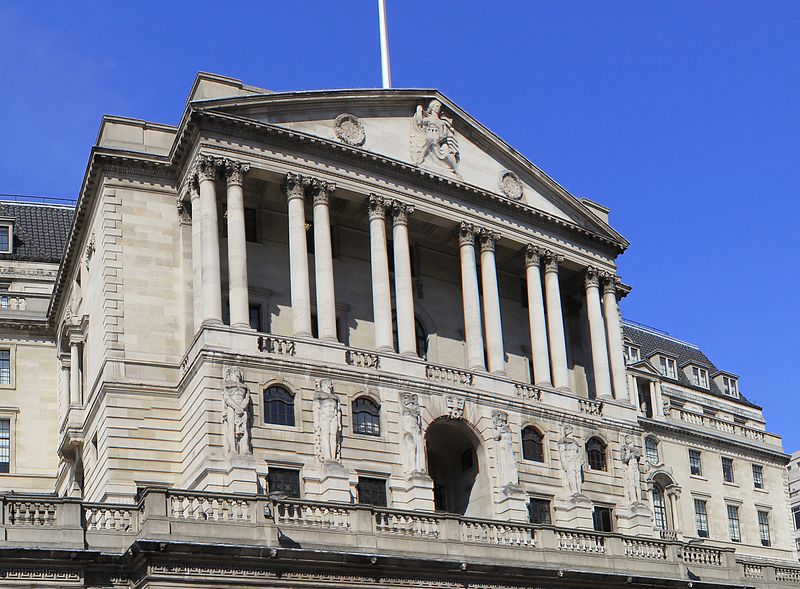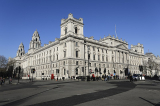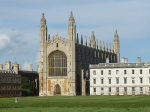
The Bank of England is anticipated to maintain interest rates at 5.25% for the sixth consecutive time, according to reports. This decision aligns with ongoing efforts to address inflation,
which has persisted above the Bank's 2% target, currently standing at 3.2%.
Accompanying the interest rate announcement, the Bank will unveil its latest projections concerning inflation and the overall UK economic outlook. Against the backdrop of forthcoming general elections and the pivotal role of economic strategies in voter appeal, both major political parties have pledged initiatives for driving economic growth.
Prime Minister Rishi Sunak has expressed optimism, suggesting that 2024 will mark a turning point for the economy, although many households continue to face financial strains.
While economists forecast the maintenance of the current interest rate, set at its highest level in 16 years, there is anticipation for a potential rate cut later in the summer. The Bank's decision to initially raise and subsequently uphold interest rates aimed to temper the rapid surge in consumer prices and alleviate the cost of living.
The rationale behind increasing interest rates to combat inflation lies in making borrowing more expensive, thereby prompting reduced consumer spending, which in turn curtails demand and alleviates price pressures. However, this strategy entails a delicate balance, as elevated interest rates can impede economic growth by deterring business investments in production and employment.
The trajectory of interest rates has been influenced by recent economic dynamics. Following the relaxation of Covid-related restrictions, a surge in demand for goods led to rapid price increases. Moreover, the escalation of energy and food prices in the wake of Russia's invasion of Ukraine propelled inflation to its highest level in four decades, peaking at 11.1% in October 2022.
The Bank's base interest rate serves as a benchmark for rates set by commercial banks and lenders. Consequently, the elevated rate has translated into higher borrowing costs for consumers, such as mortgages, while offering improved returns for savers.
Emma Wall, head of investment research and analysis at Hargreaves Lansdown, suggests that any deviation from the status quo by the Bank would be unexpected. While a rate cut is not currently anticipated, Wall points out that the sentiment may shift in the coming months, as evidenced by recent actions taken by Sweden's national bank.
The prospect of a rate cut is particularly significant for sectors such as hospitality and leisure, which continue to grapple with the aftermath of the pandemic. Fiona Eastwood, chief operating officer at Merlin Entertainments, underscores the importance of lower interest rates in alleviating financial pressures and bolstering consumer confidence within these industries.
Laith Khalaf, head of investment analysis at AJ Bell, advises against premature expectations for a rate cut, emphasizing the need for a cautious approach amid uncertain global economic conditions. While a reduction in interest rates appears imminent, Khalaf stresses the gradual nature of policy adjustments, cautioning against anticipation of a return to near-zero interest rates reminiscent of the previous decade.
Looking ahead, the Bank of England anticipates a slight moderation in inflation, projecting it to dip below the 2% target by summer. Governor Andrew Bailey has adopted an optimistic stance on potential rate cuts, emphasizing the importance of policymakers' conviction rather than strict adherence to numerical targets.
Despite the recent economic downturn, policymakers remain hopeful about the UK's economic recovery, with forthcoming official figures expected to shed light on the country's growth trajectory in the first quarter of 2024. Photo by Katie Chan, Wikimedia commons.



































